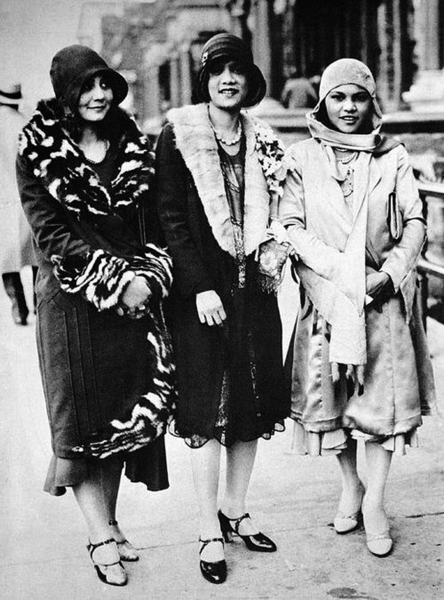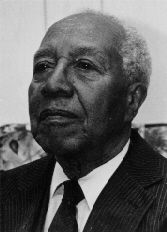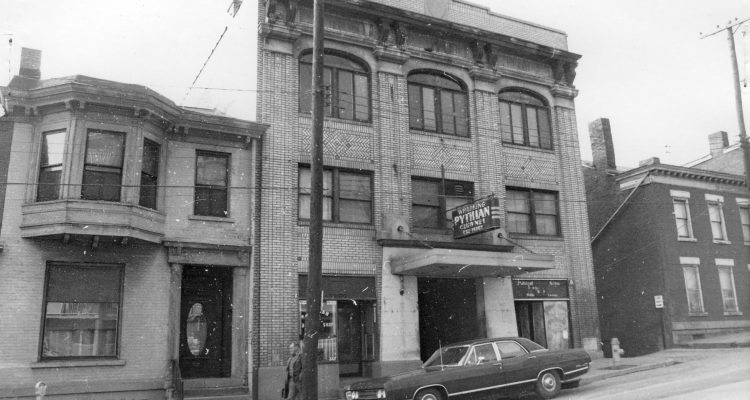Named the “Harlem Renaissance” during the 1930s, New York City’s Harlem community became the de facto center for all things intellectual and influential in the burgeoning African-American National culture. Starting as early as 1900s, during the mass migration to Northern cities, many African-American families fled the harsh realities of the Jim Crow South for the open arms of more prosperous and welcoming cities in the North. In a resurgence of African-American art, theater, commerce, social awareness and acceptance, many residents created their own unique communities akin to their own “Little Harlems” – a phenomenon not excluded right here in Wheeling.

Wheeling’s 14th street corridor between Chapline and Wood streets became home to one of West Virginia’s first post-Civil War predominantly African American neighborhoods in 1866. Comprised of former slaves and freedmen seeking new lives, this small community grew over decades despite hardships. By the early 19th century, the neighborhood hosted Black-owned businesses, churches, and entertainment venues that nurtured Wheeling’s Black culture. Though impacted by 20th-century redevelopment, preservation efforts began in the 1990s and continue through today to commemorate Chapline Street’s history. This historic district recognizes early Black settlers’ quests to build a hopeful future. Once functioning as a vibrant community hub, The Pythian Building hosted an array of Black-owned enterprises, showcasing the resilience and entrepreneurial spirit prevailing amidst adversity. Within its walls, resonated the tunes of a theater, the warmth of an event space, the camaraderie of lodging rooms, the rhythmic hum of a barbershop, and the enticing aromas emanating from a restaurant. Beyond its physical structure, this establishment became a symbol of fortitude, offering a refuge for cultural expression and economic empowerment.
Tucked within Wheeling’s aging brick streets, a thriving African American business community once bloomed, its seeds planted in the aftermath of slavery. As the color line bent but did not break through Jim Crow’s grasp, Black hotels, shops, pharmacies and more served Wheeling while fueling dreams of broader change. With segregation confining opportunity, minority entrepreneurs carved out economic footholds downtown throughout the early 20th century. The Verse Hotel hosted jazz nights on Market Street during the ‘40s, while waxing poetic at Miss Taylor’s beauty parlor on Chapline brought gossip and glamour to hard days. As the fight for civil rights swelled nationwide, these small businesses fostered community pride and power in the daily quest to survive and serve.
Female owners especially provided uplift, operating boarding houses offering hospitality and extra income. Mrs. W. (Elizabeth) Turner ran one such “tourist home” on 12th Street – initially renting rooms in the family residence after her husband (and Wheeling’s first black policeman) died early while still striving to protect a city not yet ready to fully accept him. Other widowed proprietors converted their homes into lean sanctuaries against prejudice, perhaps sharing news from the grapevine while housing travelers.
That refusal to let injustice deter higher hopes also defined “Doc” James White’s life philosophy. Born in 1901 and college-educated despite facing stark limits, Doc spent years filling Wheeling’s prescriptions – believing health equality strengthens communities. When not mentoring students or leading Simpson Methodist Church’s business, Doc steered the Wheeling Housing Authority to secure improved residential options for struggling minorities.

So remember names like Elizabeth Turner, who turned rooms into refuge, or James “Doc” White, who spent a lifetime seeding access so black Wheeling blossoms kept blooming against the odds. Their stories and entrepreneurial verve breathed hope and vision into community corners so future generations might harvest boundless opportunities. The heritage preservation flowering along Wheeling’s historic streets today is rooted in small minority-owned businesses that – despite prejudice’s harsh climate – sustained dreams fertilizing progress’s steady growth toward justice in the Mountain State and beyond.
READ MORE: History In Their Own Words – Memories from the Black Community
References
Wilkerson, Isabel (September 2016). “The Long-Lasting Legacy of the Great Migration”. Smithsonian Magazine. Archived from the original on February 15, 2020. Retrieved July 31, 2021.
Wheeling’s “Little Harlem”: Blogs | Ohio County Public Library | Ohio County Public Library | Wheeling West Virginia | Ohio County WV | Wheeling WV History | (ohiocountylibrary.org)
Wheeling Hall of Fame: James S. “Doc” White > Research | Ohio County Public Library | Ohio County Public Library | Wheeling West Virginia | Ohio County WV | Wheeling WV History | (ohiocountylibrary.org)




